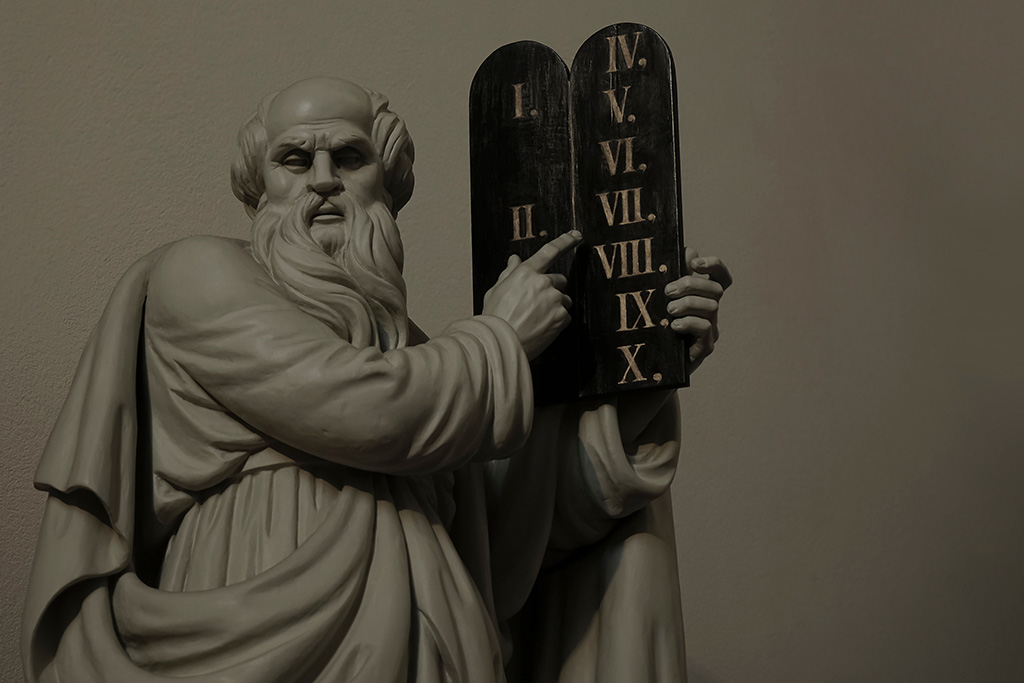
Jesus and the Sabbath
Jesus clashed with the religious leaders of his day over many issues: religious traditions, associating with sinners, spiritual authority and more. On one issue in particular — the Sabbath — these leaders monitored Jesus’ actions scrupulously. The Ten Commandments prohibited work on the Sabbath since it was a holy day set apart (Exodus 20:8 – 11). Just as the Israelites were commanded to tithe part of their earnings to God, they were to give him their time as well. Breaking the Sabbath was a grave matter, for God’s law demanded death for those who ignored it (Exodus 31:14 – 15).
What activities constitute “work?”
In the years after the temple was rebuilt following the exile (515 BC – AD 70), scribes and rabbis studied the words of Scripture, interpreting every detail. What kinds of work could be allowed on the Sabbath within the Law? For example, according to the Law, no work was to be done on the Sabbath, so that meant burdens were not to be carried on that day. So scholars debated what constituted a “burden.” On the surface, the scribes had good reasons for interpreting the Law carefully since they did not want anyone to break it inadvertently. But their interpretations increasingly emphasized external adherence to the Law rather than cultivating an attitude of submission before God. Obeying their own interpretations became a source of pride instead of an expression of love for God.
By Jesus’ day, the rabbis and scribes had become so strict that they accused Jesus’ disciples of breaking the Sabbath because they picked some grain and ate it as they walked through a field on the Sabbath (Luke 6:1 – 2).
Jesus’ healings on the Sabbath enraged the religious teachers who classified healing as “work” and therefore prohibited it (Deuteronomy 5:15). He revealed the rabbis’ hypocrisy with his response.
The Pharisees said to him, “Look, why are they doing what is unlawful on the Sabbath?” [Jesus] answered, “Have you never read what David did when he and his companions were hungry and in need? In the days of Abiathar the high priest, he entered the house of God and ate the consecrated bread, which is lawful only for priests to eat. And he also gave some to his companions.”
Then he said to them, “The Sabbath was made for man, not man for the Sabbath. So the Son of Man is Lord even of the Sabbath.” Mark 2:24-28
God had given the Law to encourage the Israelites to love him and to love others (Mark 12:30 – 31). He had never prohibited doing good on the Sabbath. The Pharisees acted as if God had created people so that he would have someone to keep the Sabbath, but Jesus clarified that God had given the Sabbath as a gift to the people he had created (Mark 2:27).
Key Teaching
For the Pharisees, the Ten Commandments provided great restrictions punishable by death. For Jesus, the Law outlined great freedoms that led to real life (Matthew 5:17).
Article drawn from the The Jesus Bible, NIV.

The Jesus Bible, NIV
Sixty-six books. One story. All about one name. Encounter the living Jesus in all of Scripture. Includes exclusive articles from Louie Giglio, Max Lucado, John Piper, and Randy Alcorn to help you see Jesus in every book of the Bible.
Learn More






I heard you very well. Which means I should worship Jesus Christ but not the Law. Jesus is only the way to heaven but not the Law. Amen.
The only way for someone to get rest is to accept Jesus Christ in his or her life.
This helps me to understand what a young lady was saying to me yesterday. She was adamant that if we are not worshipping on a Saturday, we are not keeping the Sabbath. But the main point to it all is JESUS the CHRIST…Help me to understand more.
‘Am the the Lord of Sabbath’, Jesus declared. So in a layman’s language, Jesus is the master, sabbath is the servant. So who do we follow here, the Master or the servant?
Jesse is what matters (Colossians 1:16).
Ex.31:12-14. Jehovah speaketh unto Moses, saying, speak unto the sons of Israel, only, my sabbaths do keep, it is a sign between Me and you, to your generations, to know that ,I Jehovah am sanctifying you. The gospel here
God sanctifying Israel based on faith in Sabbath.
John 14, Jesus said ‘I am the “way and the Truth”‘.